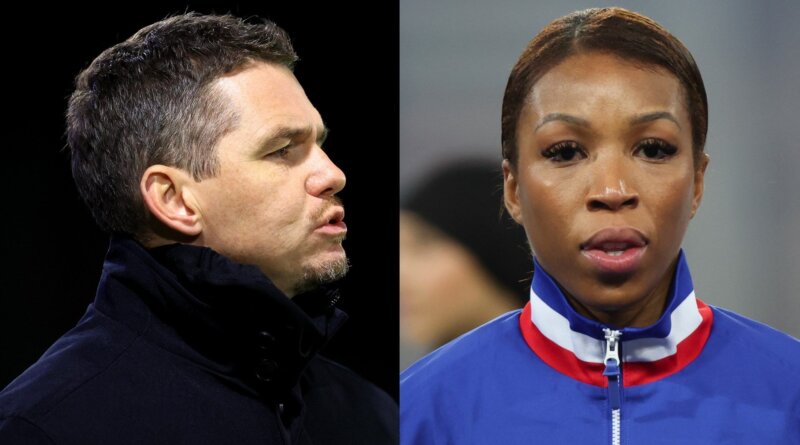Man Utd Boss Marc Skinner Admits London City’s Spending Power Gap
Manchester United manager Marc Skinner has acknowledged that his team cannot compete financially with London City Lionesses, following the club’s historic £1.4 million acquisition of Grace Geyoro. This world-record women’s transfer fee highlights the widening gulf in spending power between the WSL’s top clubs, intensifying competition as the new season approaches.
Record Grace Geyoro Transfer Puts Spotlight on Financial Divide
The Grace Geyoro deal has sent shockwaves through women’s football. The French international arrived from Paris Saint-Germain as London City Lionesses’ 16th new signing this summer. The staggering transfer fee set a new benchmark for the women’s game, prompting United’s Marc Skinner to call the level of investment “crazy.”
Skinner admitted, “Clubs like ours simply can’t match that kind of spending. It shows just how much the landscape is changing, especially at the top end.” While the influx of big-money deals is exciting, it also raises concerns about the sustainability and long-term balance of the league.
London City’s Ambition and Pressure After Geyoro Signing
With Geyoro’s arrival, London City Lionesses have made their ambitions crystal clear. After an aggressive recruiting spree, expectations will be sky-high for the team to deliver both on and off the pitch. The record fee not only sets a new standard but also places added pressure on the club’s management and coaching staff to justify their investment.
Many observers believe the move could become a turning point in women’s football, not just in England but across Europe. However, the spending disparity could leave clubs like Manchester United struggling to keep up unless new revenue models or investments emerge.
Marc Skinner Voices Concerns About Competitive Balance
Marc Skinner has expressed genuine concerns regarding the growing financial gap in the WSL. “It’s great for the visibility of the game, but we have to be careful,” said Skinner. “If only a few clubs can spend at this level, we risk losing the competitive spirit that makes the league so attractive.”
The United boss’s comments echo sentiments from other coaches across the league, as the influx of money brings both opportunity and risk. The long-term health of women’s football may depend on finding the right balance between investment and fair competition.
What This Means for Manchester United and the WSL
For Manchester United, the financial might of London City Lionesses presents a formidable challenge. The club will need to focus on smart recruitment, youth development, and tactical innovation to remain competitive. Meanwhile, the WSL as a whole faces a crucial period where financial regulations and equitable distribution of resources will likely be debated.
The Geyoro deal may mark the beginning of a new era for women’s football—one defined by both soaring ambition and complex challenges. Fans and stakeholders will be watching closely to see how the season unfolds and whether teams can adapt to this new reality.
Opinion: The Future of Women’s Football Hangs in the Balance
London City Lionesses’ record-breaking move for Grace Geyoro is a testament to the rapid growth of women’s football. While such investments are a sign of progress, they also spotlight the need for careful stewardship to maintain competitive integrity. As Marc Skinner warned, “crazy” spending must be balanced with sustainable growth. For more news and in-depth analysis on this topic, visit for more news.
Your global gateway to nonstop football coverage:
News Goal
Share this content:

